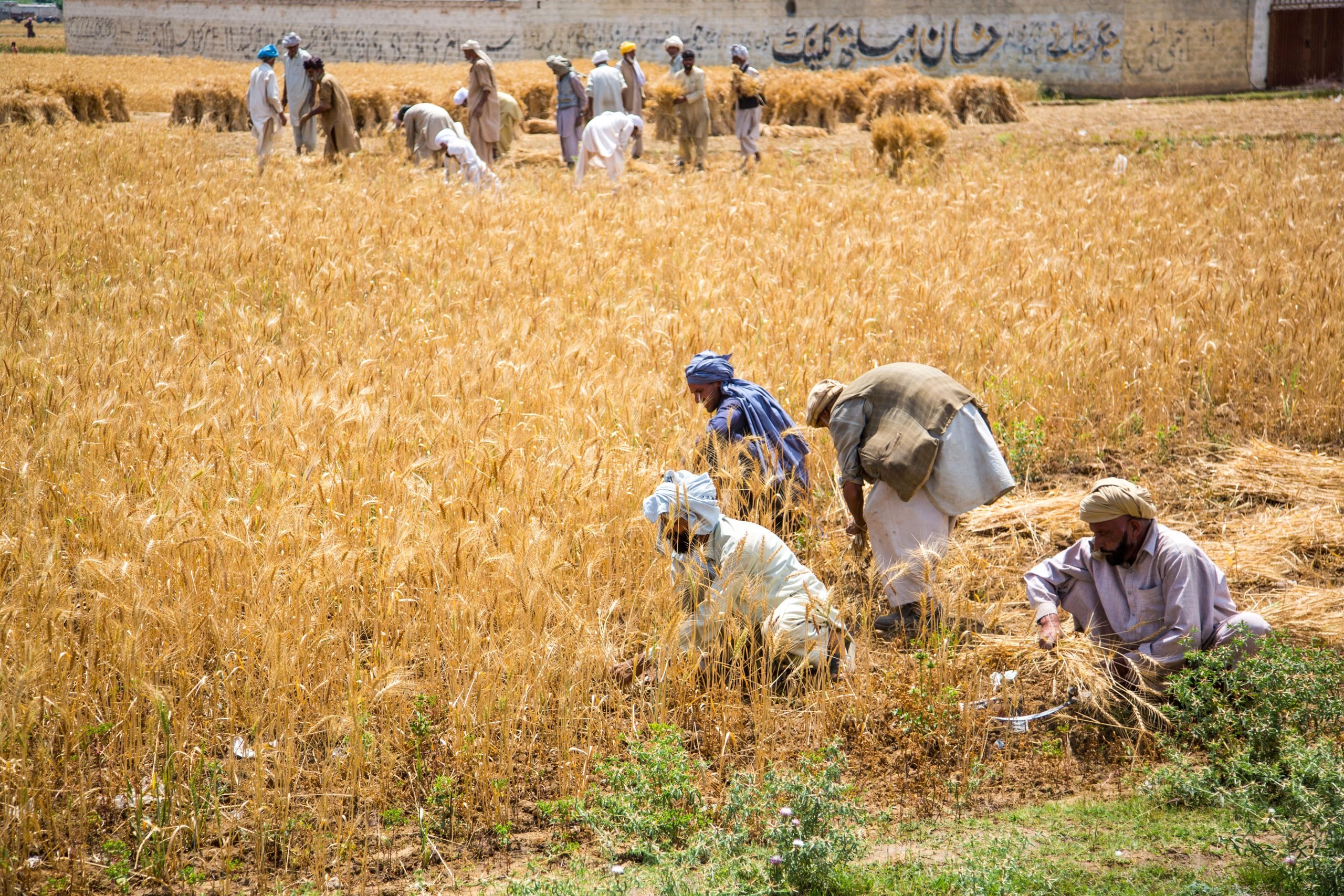A major post-disaster recovery initiative funded by Japan and led by the Food and Agriculture Organization of the United Nations (FAO) has restored vital farming and livestock livelihoods for more than half a million people in Pakistan’s Sindh and Balochistan provinces, following the catastrophic 2022 floods.
The emergency response project, with a total funding of $6.48 million from the Government of Japan, concluded this week, having supported over 74,000 flood-affected households. The initiative aimed to boost food production, improve household nutrition, and enhance resilience to future climate-related shocks.
Lifeline for Rural Communities
A formal project completion event was held on July 14 at FAO headquarters in Islamabad, attended by Japan’s Ambassador to Pakistan, H.E. Mr. Akamatsu Shuichi, FAO Representative in Pakistan Florence Rolle, and representatives from national and provincial agencies.
“The Government of Japan has always prioritized human security in its development cooperation,” said Ambassador Akamatsu. “This project reflects our commitment to helping the people of Pakistan recover from the devastating floods and rebuild their lives through practical and sustainable agricultural support.”
Agricultural and Livestock revival
The project’s multi-pronged approach included distributing seeds, fertilizers, and technical training to help families restart farming. Over 14,000 households were equipped to cultivate essential crops such as wheat, rice, maize, okra, brinjal, and tomatoes. Approximately 1,500 hectares of farmland were rehabilitated, enabling families to resume food production and generate income.
In parallel, livestock-owning families received essential inputs including animal feed, mineral blocks, and small ruminants. The intervention reached 35,000 households through mass animal vaccination campaigns covering more than 629,000 animals, alongside the construction of protective shelters and distribution of poultry packages.
Special emphasis was placed on female-headed households, who received targeted livestock support and training to help stabilize and diversify their income.
“This project made a real difference in the lives of rural communities that lost nearly everything to the floods,” said Florence Rolle. “With Japan’s timely support, families not only regained their ability to produce food but also strengthened their resilience against future shocks.”
Strengthening Future Resilience
The project was implemented in close coordination with Pakistan’s Ministry of National Food Security and Research, provincial disaster management authorities, and non-governmental partners. It also promoted climate-smart agriculture and sustainable livestock practices, helping communities adapt to future environmental challenges.
By investing in both short-term recovery and long-term resilience, the FAO-Japan collaboration serves as a model for future regional humanitarian and development efforts, especially in climate-vulnerable zones across Asia and the Middle East.
Source - https://www.islamabadscene.com













